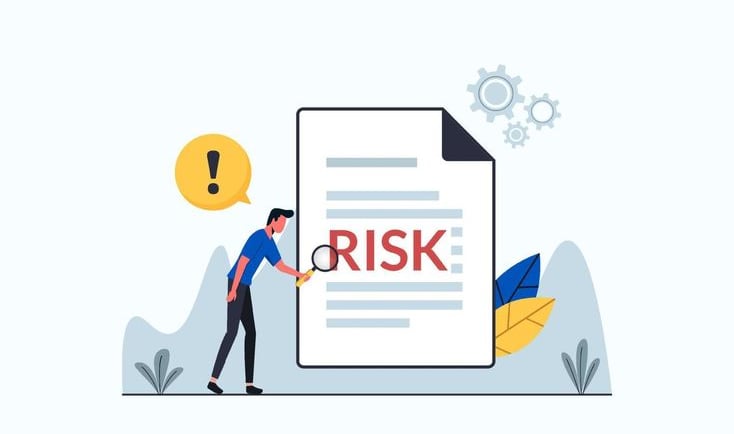Make Reporting Normal: A Psychological Safety Playbook for GRC
Making reporting normal is one of the most effective ways to prevent risks from growing into incidents. This post shows how psychological safety empowers employees to speak up, why silence is dangerous for GRC, and how a simple “See it. Say it. Sorted.” mindset can strengthen organizational resilience.
CYBERSECURITY & PSYCHOLOGY
8/18/20252 min read


Make Reporting Normal: A Psychological Safety Playbook for GRC
When people think about governance, risk, and compliance, they often imagine policies, frameworks, and audit checklists. But one of the most powerful tools in any organization’s defense is much simpler: the willingness of employees to speak up when something feels wrong.
Too often, breaches and compliance failures are not because no one noticed the warning signs. It is because someone noticed but did not feel safe to say anything.
Why Reporting Gets Silenced
In theory, every company says it wants employees to report risks. In practice, many employees stay quiet. Why?
Fear of blame: Reporting can feel like admitting fault or creating trouble for others.
Fear of consequences: People worry that raising concerns could impact their reputation, career, or relationships with management.
Perception of futility: Employees often believe nothing will change, so reporting feels pointless.
The result: risks remain hidden until they grow into incidents.
Psychological Safety as Risk Control
Psychological safety is the belief that you can speak up without fear of punishment or humiliation. It is not just a “nice to have.” In a GRC context, it is a form of risk control.
When employees feel safe to report:
Small issues get addressed before they become major failures.
Leadership has visibility into risks that exist below the surface.
A culture of trust strengthens resilience across the organization.
The Playbook: How to Make Reporting Normal
Normalize reporting in daily language
Leaders should talk about risk reporting as an expected and valued behavior, not an extraordinary act.Reward, do not punish
When someone raises a concern, the first response should be appreciation. Even if the report is inconvenient, the act of speaking up must be reinforced.Close the loop
If employees never hear what happened after they reported, they will stop engaging. Always share what actions were taken.Separate reporting from blame
Focus on fixing systems and processes rather than assigning fault. A no-blame approach encourages honesty and learning.Make it easy
Reporting channels should be simple, accessible, and confidential when needed. If the process is confusing, people will avoid it.
Why This Matters for GRC
Frameworks and controls cannot work if risks remain hidden. A culture that discourages reporting is a silent liability.
GRC leaders must treat psychological safety as seriously as any technical safeguard. After all, the people closest to the work are often the first to see risks emerging. The question is whether they feel safe enough to raise their hand.
Bottom Line
Making reporting normal is not about creating more rules. It is about building an environment where honesty is rewarded, risks are surfaced early, and compliance becomes part of everyday culture.
Psychological safety is not just good leadership practice. It is a critical piece of the governance and risk puzzle.
A Final Thought
In the London subway, travelers are reminded with a simple phrase: “See it. Say it. Sorted.” It is a message about security, but it is also a blueprint for psychological safety.
The principle is the same in organizations. If employees see something risky, they need to feel safe enough to say it. And when leaders respond, the issue gets sorted before it grows into something worse.
In other words, governance is not just about rules. It is about building the kind of culture where people trust that speaking up leads to action.
Insights
Where governance, risk, and compliance meet human behavior.
Connect
JOIN TheGRCJOURNAL NEWSLETTER
© 2025. All rights reserved.
